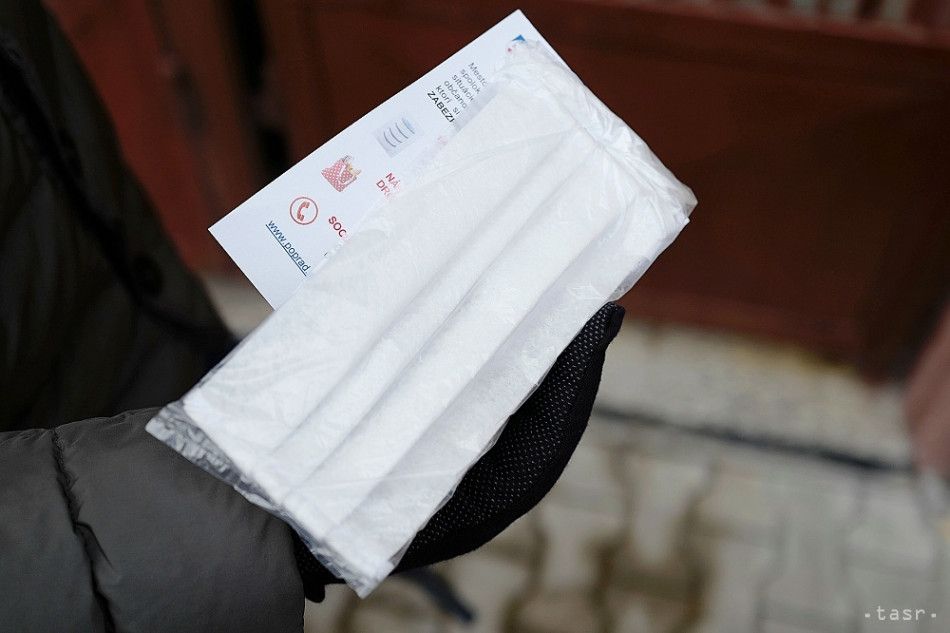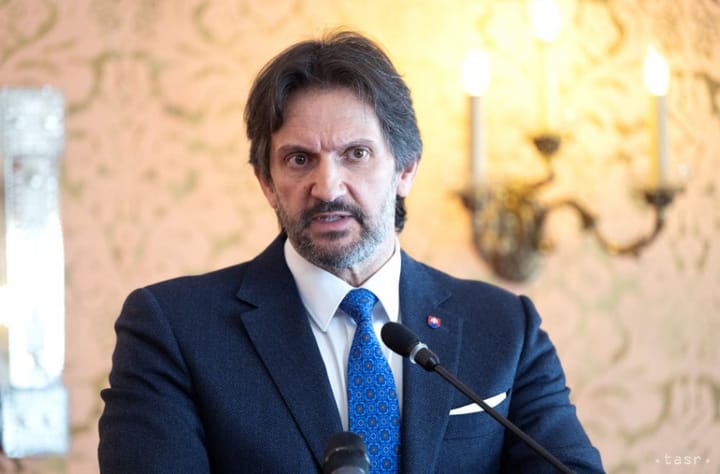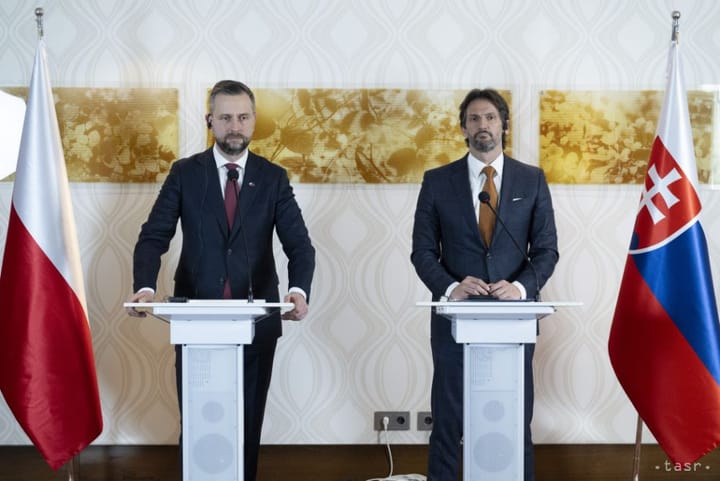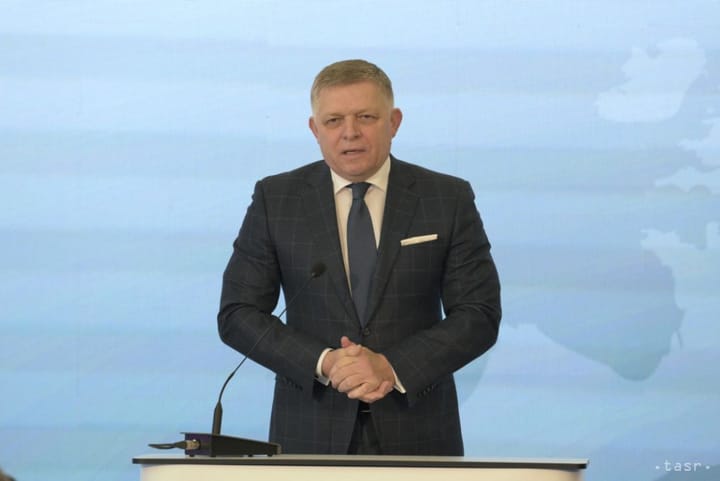UVO: SSHR Violated Law When Procuring Medical Aids

Bratislava, May 6 (TASR) – The State Material Reserves Administration (SSHR) violated the public procurement law when procuring medical aids for over €12 million that should have been supplied by a firm called Lacorp, the Public Procurement Office (UVO) announced on Wednesday.
Although the SSHR was entitled to make use of direct talks with regards to an extraordinary situation, it failed to follow basic principles of public procurement, especially the principle of transparency, the principle of equal treatment and the principle of efficiency, stated UVO.
“UVO deems that the SSHR should have cared for adherence to basic principles of public procurement even more strictly given the extent of the extraordinary situation and its impacts on the whole society,” stated UVO chairman Miroslav Hlivak.
UVO found discrepancies when checking email communication between the SSHR and Lacorp. Although Lacorp was invited for personal talks on March 11 based on its bid, UVO only found a few bids from the company from March 12 and 13. “Therefore, UVO is unable to judge based on what bid led to Lacorp receiving an invitation for personal talks. SSHR signed a contract for purchase of medical aids with Lacorp on March 13,” said Hlivak.
UVO inspectors found out that the SSHR was in talks with 12 applicants who were able to supply medical aids. It later reduced their number to four who were informed about the real need for goods. “It is evident from records from the talks with other applicants that there were companies meeting the public requirement and offering the goods at substantially lower prices. However, SSHR didn’t continue in talks on supply of goods with them, although these might have resulted in submitting much lower price bids,” stated Hlivak.
UVO suggested the highest possible fine for violation of the law by the SSHR. As the SSHR fully agreed with the UVO’s findings, the office has halved the fine to €15,000. The UVO also advanced its findings to the Supreme Audit Office, the Anti-monopoly Office and the Prosecutor General’s Office.



